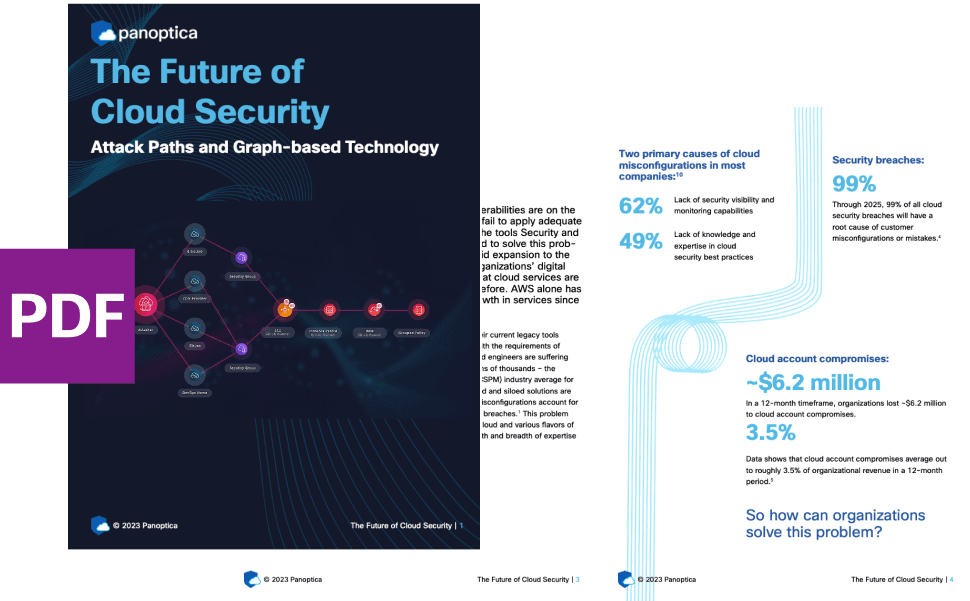Published on 00/00/0000
Last updated on 00/00/0000
Published on 00/00/0000
Last updated on 00/00/0000
Share
Share
IN-DEPTH TECH
3 min read

Share
parseMessage(List<Message> messages) {
log.debug("messages: " + messages);
}parseMessage(List<Message> messages) {
log.debug("messages: {}", messages.toString());
} Here we see 70G of temporary memory consumption is used from the non-compliant logging.
This can cause garbage collector redundant heavy processing, which uses system memory and CPU.
Here we see 70G of temporary memory consumption is used from the non-compliant logging.
This can cause garbage collector redundant heavy processing, which uses system memory and CPU.
 -> 70G of temporary memory consumption is removed.
-> 70G of temporary memory consumption is removed.
 Here we see many of the methods invocations are redundant.
Here we see many of the methods invocations are redundant.
 -> Redundant methods invocations are removed.
-> Redundant methods invocations are removed.
 Here we see long processing time is spent busy with logging, which can be changed to debug.
Here we see long processing time is spent busy with logging, which can be changed to debug.
parseMessage(List<Message> messages) {
log.debug("messages: {}", messages);
}

Get emerging insights on emerging technology straight to your inbox.
Outshift is leading the way in building an open, interoperable, agent-first, quantum-safe infrastructure for the future of artificial intelligence.

* No email required

The Shift is Outshift’s exclusive newsletter.
Get the latest news and updates on generative AI, quantum computing, and other groundbreaking innovations shaping the future of technology.
